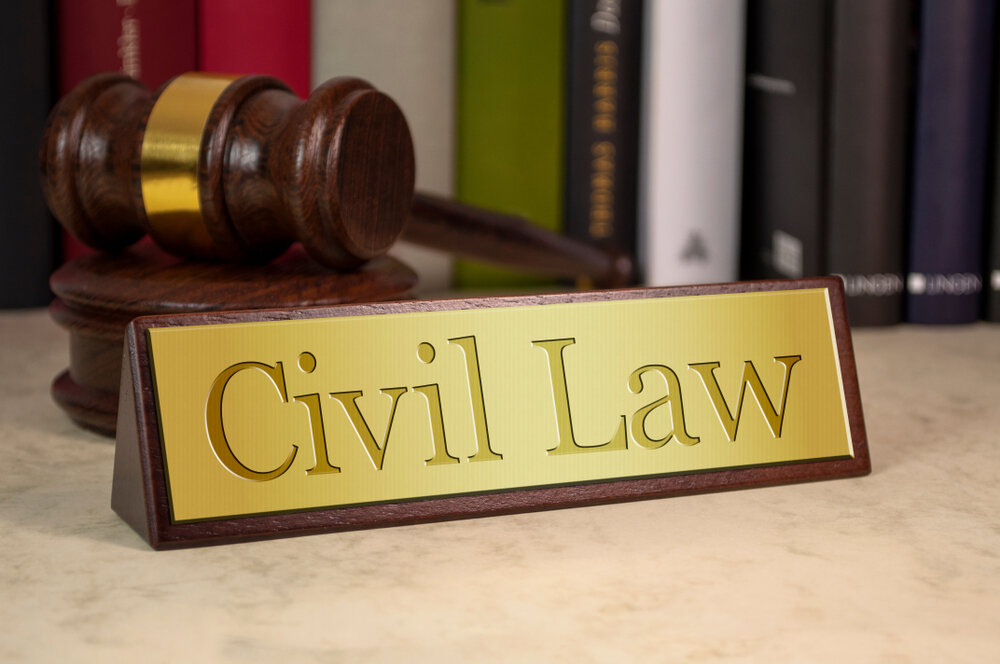Criminal legislation in English law serves as the backbone of the justice system, providing a framework for defining and prosecuting offenses. Delving into its nuances unveils a complex interplay of statutes, precedents, and societal norms. In this article, we embark on a journey through the intricate terrain of criminal legislation in the English language.

Origins and Evolution
The roots of English criminal legislation trace back centuries, evolving through historical milestones and societal shifts. From the ancient common law principles to the codified statutes of modern times, the trajectory reflects a continuous refinement of legal norms and principles.
Common Law Foundations
At its inception, English criminal law relied heavily on common law principles, unwritten customs, and judicial precedents. This decentralized system allowed for flexibility but also led to inconsistencies in enforcement and interpretation.
Statutory Codification
The codification of criminal law gained momentum with the enactment of seminal statutes such as the …
